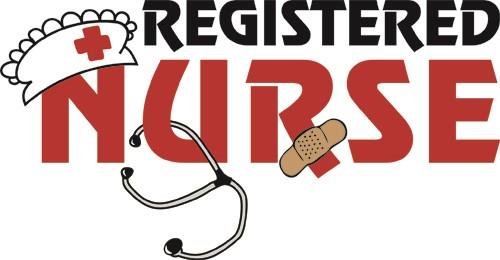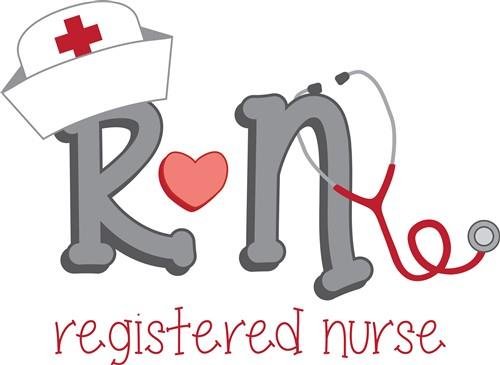Logo:8zkqycnvuvq= Registered Nurse

Logo:8zkqycnvuvq= Registered Nurse encapsulates the critical functions and responsibilities of registered nurses within the healthcare continuum. This emblem not only signifies their dedication to patient care and safety but also underscores the complexities they encounter daily. As advocates and educators, registered nurses are pivotal in navigating the multifaceted healthcare environment. However, the challenges they face are substantial and often overlooked. Understanding these dynamics prompts a deeper exploration of the nursing profession and its profound implications for both healthcare systems and patient experiences. What lies behind this emblematic representation?
Role of Registered Nurses
Registered nurses (RNs) play a vital role in the healthcare system, serving as the frontline caregivers who ensure patient safety and well-being.
They are key advocates for patients, navigating complex healthcare landscapes to ensure their voices are heard.
Additionally, RNs provide essential healthcare education, empowering patients with knowledge that fosters independence and promotes informed decision-making, ultimately enhancing overall health outcomes.
Key Responsibilities
Providing comprehensive care to patients, registered nurses (RNs) undertake a range of key responsibilities that are critical to the functioning of healthcare systems.
They engage in patient advocacy, ensuring individuals receive the best possible care.
Additionally, RNs excel in care coordination, collaborating with multidisciplinary teams to create effective treatment plans, manage patient progress, and facilitate communication, ultimately enhancing patient outcomes and experience.
Challenges Faced
The challenges faced by registered nurses are multifaceted and can significantly impact their ability to deliver quality patient care.
High patient loads often hinder effective patient advocacy, while long hours can disrupt work-life balance.
Additionally, emotional stress from critical situations may lead to burnout, affecting both personal well-being and professional performance.
Addressing these challenges is essential for sustaining a fulfilling nursing career.
Read Also Outline:-Kvsppnj9o8= Chucky Drawing

Rewards of Nursing
One of the most rewarding aspects of nursing is the profound impact nurses have on their patients’ lives. This profession offers substantial job satisfaction, as nurses witness firsthand the healing and comfort they provide.
Additionally, nursing fosters personal growth through continuous learning and adapting to diverse challenges. Ultimately, these elements empower nurses to thrive both personally and professionally, enhancing their sense of freedom in their careers.
Conclusion
Logo:8zkqycnvuvq= Registered Nurse encapsulates the essence of nursing, reflecting dedication to patient care, commitment to safety, and advocacy for health. Registered nurses play a crucial role in promoting wellness, coordinating care, and educating patients. Despite facing numerous challenges, including high-stress environments and emotional burdens, the profession offers profound rewards through meaningful patient interactions and the impact on community health. Thus, the significance of registered nurses in the healthcare system remains undeniable and invaluable.




